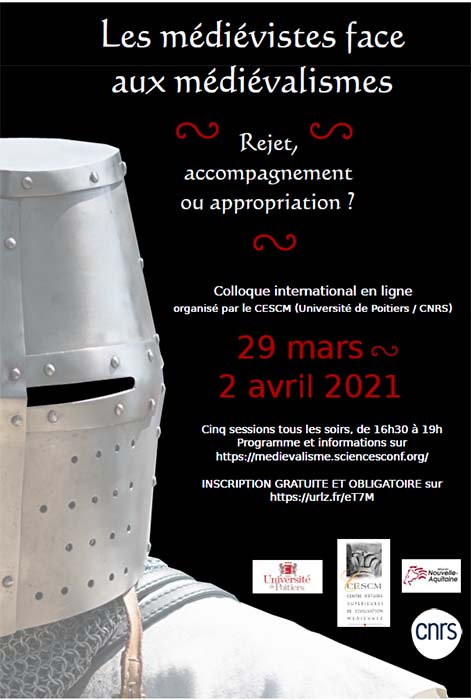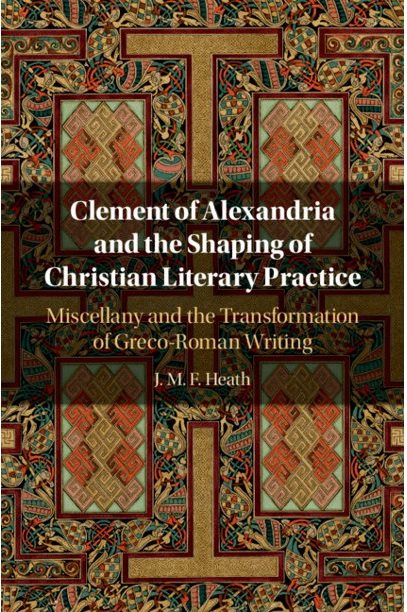Congreso Internacional Virtual « La escatología medieval » // Santiago de Compostela, 28-29 de julio de 2021.

La escatología es uno de los componentes centrales de la cultura cristiana medieval. El fin del mundo, el Juicio Final, la salvación, el mesianismo, el Anticristo, el apocalipticismo y el milenarismo, son elementos indispensables dentro de lo que podemos denominar genéricamente como "escatología medieval". En ese universo, la llegada del Anticristo precedía al Juicio Final y al fin del mundo. Esto propiciaba la aparición de profecías y estimulaba la conformación de un presente "en espera" en función de un futuro de salvación o de condena con el horizonte del Juicio Final. Este escenario escatológico medieval lo podemos encontrar esparcido en acontecimientos, autores, textos, movimientos sociales o representaciones culturales y artísticas. En cuanto a los acontecimientos, tenemos, por ejemplo, los miedos y temores altomedievales cristalizados en los "terrores del año mil", las expectativas sobre el fin del mundo durante el siglo XI, la "...







